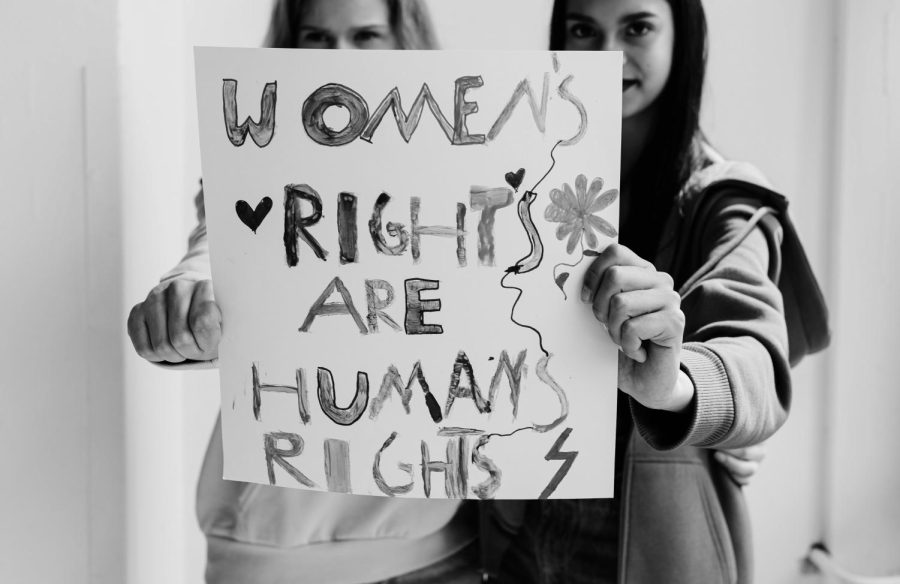Female genital mutilation is a violation of human rights
April 7, 2022
Editor’s note: Students in Dr. Clark’s Argument and Advocacy class were asked to write a position piece over the article, “The hymen’s a myth and virginity’s a construct. It’s time to let both go” by Eliza Anyangwe. Anyangwe discusses hymenoplasty, reconstructive surgery for the hymen, also referred to as “virginity repair.” This is the second of three articles.
Using evidence from scientific articles, it can be argued, that the belief in virginity and the procedures that stem from this are issues of public health and social equality. It is in the best interest of South Africa’s entire community to re-examine thoughts and beliefs on virginity and the actions taken to uphold this belief. The idea of virginity and procedures stemming from it has little scientific evidence as a safe practice and negatively impacts the women and children of South Africa in various ways.
First, community leaders and families uphold virginity beliefs through medical practices that impact women’s mental and physical health: female genital mutilation (FGM) and virginity checks. FGM, a procedure where a blade of glass is used by a religious, town, or medical professional with limited training removes or alters the external organ, is used as a rite of passage to womanhood and ensures virginity compliance by reducing the desire for sex. FGM is used to ensure compliance for generations and creates a public health concern. Infections like HIV, staph, or UTIs can follow this procedure along with shame and anxiety about scarring. “From a human rights perspective, virginity testing is a form of gender discrimination, as well as a violation of fundamental rights, and when carried out without consent, a form of sexual assault.” These procedures hold no benefit to the patient.
Second, there is little scientific evidence that the state of the hymen can determine virginity. “The hymen is a small membranous tissue outside of the vaginal canal that has no known biological function.” The scientific article “Virginity Testing: a Systematic Review” examined ten studies reporting on the medical relevance of hymen examination and concluded that these examinations are not a productive clinical tool due to physical, psychological, and social harm to the examinee. Also, a study done on hymenal morphology in children found that “52% of those who admitted to having had prior intercourse, had no identifiable changes to hymenal tissue” and “where the morphology of hymen has been altered, this can be attributed to causes other than sexual intercourse, including the insertion of objects, fingers, penetrating accidental trauma, and surgical procedures.” Checking for virginity by seeking change in the hymen could be the very thing altering the state of the hymen.
In conclusion, with the information presented, the community should better understand the need for change and the impact of virginity on the women and children’s health in South Africa. Clinicians, community leaders, parents, and the African government, hold the power to work together and make sure medical textbooks are up to date on these matters, eliminate virginity testing and FGM, educate the community on the lack of scientific evidence involved in these practices, and take the opportunity to discuss other reproductive health discussions.
Read the other position pieces here: thesoutheastern.com/category/opinion/

